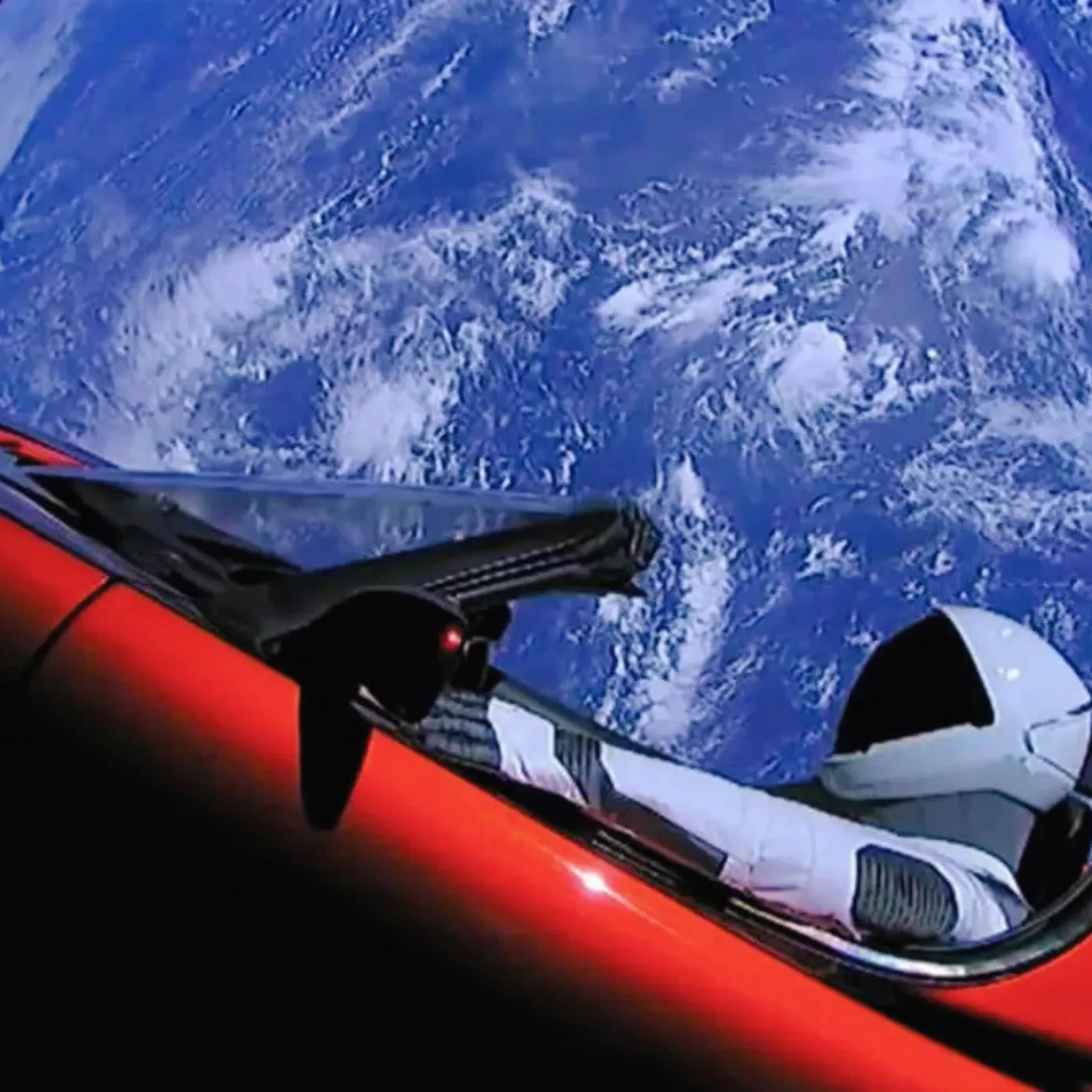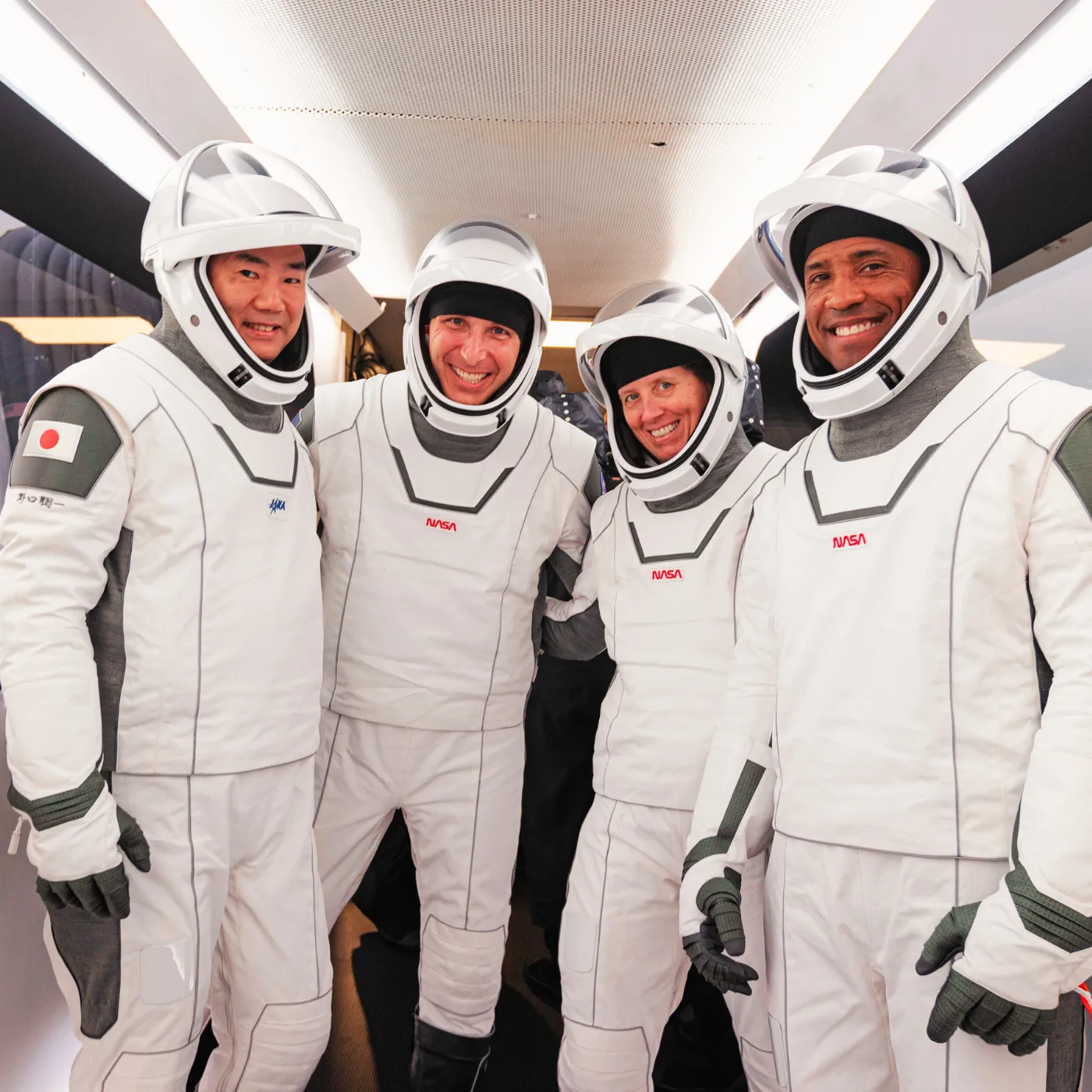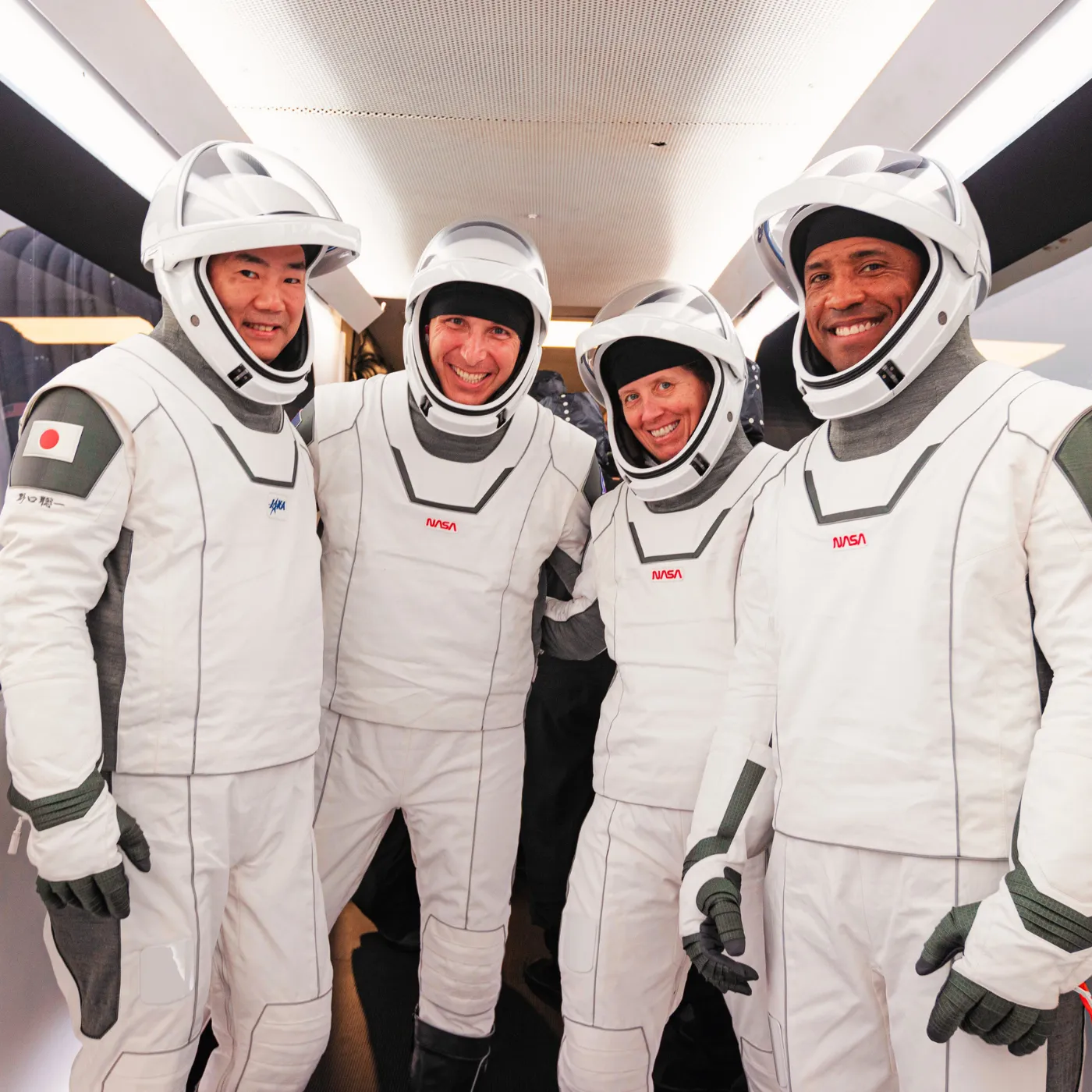

Zuckerberg vs. Musk Battle of the Robot Billionaires.
Meta’s robotics project is driven by advanced AI algorithms and machine learning, enabling robots to improve over time. Zuckerberg sees this as the foundation for Meta’s next big leap—a world where technology becomes seamlessly embedded in everyday life. As he continues to ramp up investments in this area, the possibilities are endless, and the implications for industries across the globe are profound.
Elon Musk’s Robotics Vision: The Space and Automotive Approach
On the other side, Elon Musk has long been vocal about his ambitions in robotics, with Tesla’s humanoid robot, Optimus, leading the charge. Unlike Zuckerberg, Musk’s focus on robots leans heavily on production efficiency and autonomous vehicles. Optimus, currently in development, is intended to take on labor-intensive tasks in Tesla factories, automate supply chains, and even assist with household chores. Musk’s overarching vision is to create robots that can perform tasks humans find too repetitive or dangerous, significantly enhancing productivity across sectors.

Tesla’s robot program has garnered much attention, with Musk frequently promising to revolutionize the labor market by unleashing a fleet of robots capable of taking on menial jobs. This could have wide-reaching consequences for industries like manufacturing, healthcare, and service sectors, where the demand for labor is consistently high.
The Divergence in Approaches: A Battle of Philosophies
When comparing Zuckerberg’s and Musk’s investments in robotics, one cannot ignore the differences in their approach to the problem. Zuckerberg, with his deep focus on social integration, aims to blend humans and machines into a cohesive ecosystem. His robots are not just tools—they’re companions that could one day help us navigate the complexities of both the virtual and physical worlds. This approach places a heavy emphasis on human-robot interaction, which could reshape everything from healthcare to customer service.

In contrast, Musk’s vision of robotics is far more pragmatic. His focus is on solving specific real-world problems: autonomous driving, efficiency in manufacturing, and increasing productivity. While Zuckerberg’s robots could serve as assistants in various tasks, Musk’s robots are being built with an emphasis on taking on the heavy lifting—both literally and figuratively—across a variety of sectors.
Who Will Dominate the Future of Robotics?
The question remains: Who will lead the way in the future of robotics? Zuckerberg’s Meta is positioning itself as the creator of a new form of reality, where AI-powered robots form the backbone of a hyper-connected world. But with Musk’s Tesla pushing for a future where robots dominate physical labor, the competition is fierce. As AI and robotics continue to evolve, only time will tell who will be the true pioneer in this transformative technology.
The Shocking Future of Robotics: Zuckerberg vs. Musk
While Musk’s robots are already making strides in the manufacturing sector, Zuckerberg’s vision could change the very fabric of society. Will Zuckerberg’s integrated approach revolutionize industries in ways Musk’s utilitarian robots cannot? Or will Musk’s Tesla robots create a new age of human-machine collaboration that Zuckerberg can only dream of? The future of robotics is unfolding, and these two titans are on the front lines, each making their mark in their own way. What’s certain is that the robot revolution is coming—and we’re all just waiting to see who comes out on top.


















